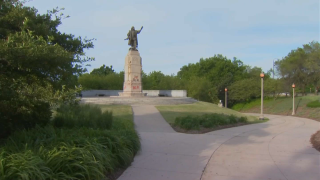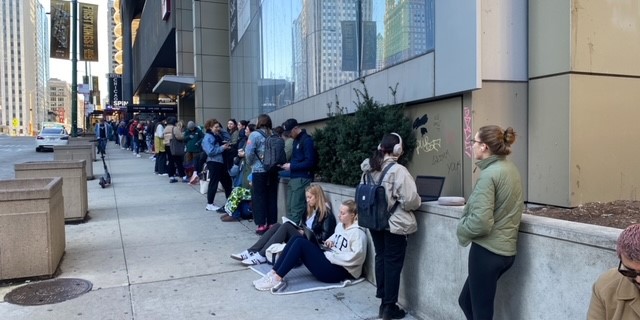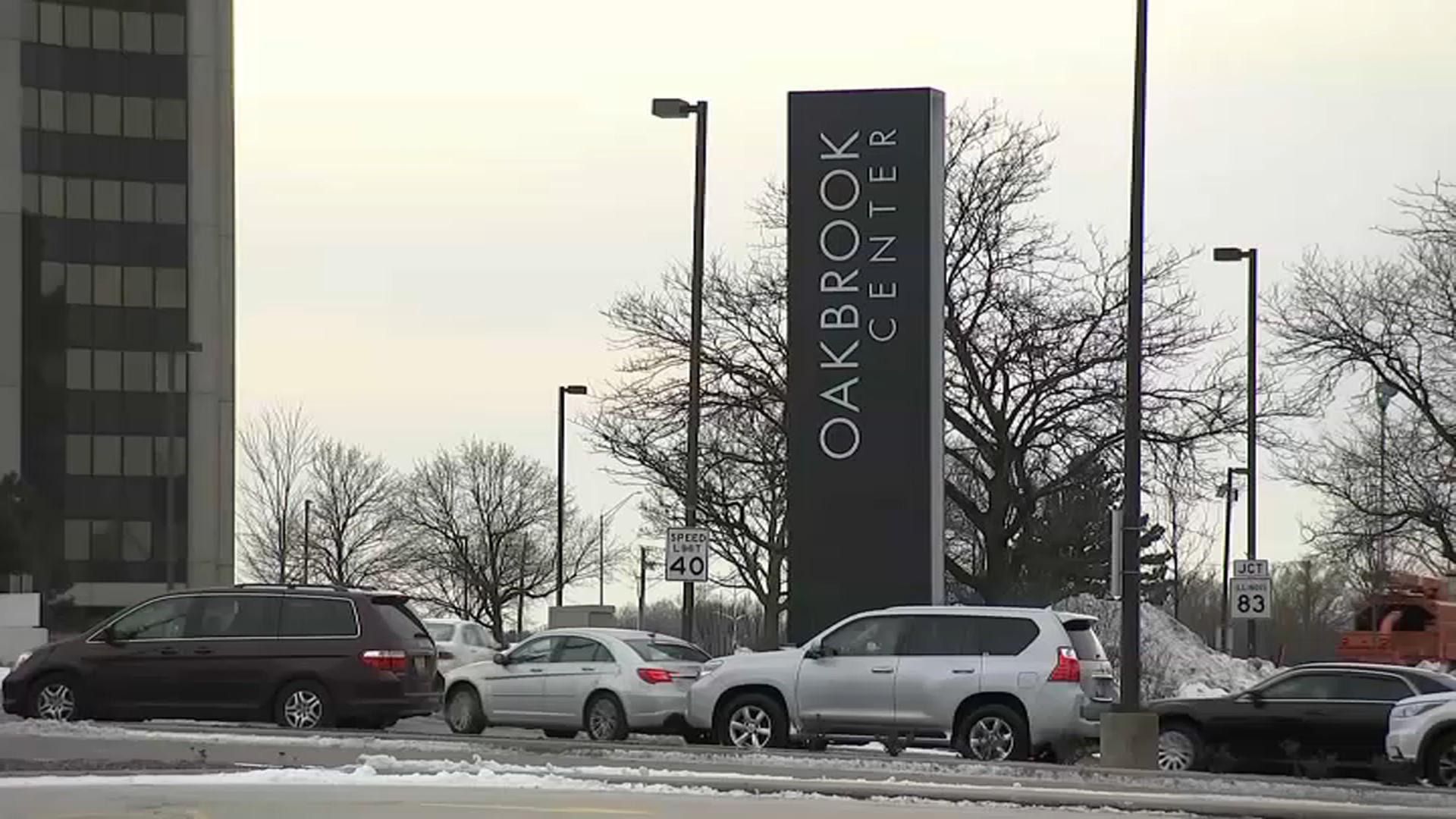
Chicago Mayor Lori Lightfoot indicated Thursday that she does not support removing the city's statues of Christopher Columbus, saying she felt it was time instead to "find common ground."
"Look, I know that the issue of Columbus, Columbus Day is an issue of great discussion but I think that the way in which we educate our young people in particular about the history is to educate them about the full history," Lightfoot said when asked at a news conference if the statues should be taken down.
Lightfoot said she was watching the debate happening nationwide about removing statues of Confederate War figures and that she agreed with an unnamed Black historian who she said argued "we can use this moment as an opportunity to not try to erase history but embrace it full on."
As protests against police brutality and systemic racism continue around the world in the wake of the police killing of George Floyd in Minneapolis last month, so too does the conversation surrounding monuments of historical figures whose legacies include support for slavery or other suffering and trauma inflicted upon others, particularly people of color.
"There was a lot of harm that happened over the arc of the history of this country, beginning with the original sin of slavery and it's way past time that we have a reckoning on that," Lightfoot said Thursday.
"But I think we also have to recognize that our history both in this country and our city is rich and diverse and the thing that we need to do is do what I think the organizers of the Columbus Day parade have done, which is invite many people of different backgrounds, different perspectives to participate in what is really a people's celebration," she added.
In February, the Chicago Board of Education voted to observe the second Monday in October as Indigenous People's Day rather than Columbus Day, in an effort to reframe the holiday to center on those native to North America who were harmed as an effect of Columbus' arrival. Lightfoot tweeted on the federal holiday last October that the city would continue to recognize Columbus Day in part to "celebrate our nation's Italian-American heritage."
Local
Earlier this month, a statue of Columbus on Chicago's Museum Campus was vandalized, spray-painted with the letters "BLM" for Black Lives Matter. The following day, vandals hit a statue of President George Washington in the city's Washington Park, spray painting the words "slave owner" and "God Bless Amerikkka" on the base and placing a white hood over the monument in reference to the Ku Klux Klan.
Statues in cities around the world have been removed in recent weeks, both by protesters themselves as well as local governments in response to the outcry.
But Lightfoot - who is the first Black female mayor in the city's history - suggested Thursday that that would not be the case in Chicago.
"We're not always gonna agree on every issue and I know that Columbus and his legacy is a flashpoint for many," she said. "But I think again, we need to use this moment as an opportunity to find our common ground as people. That's what we should be doing in Chicago is to unify not divide."
"Let's have honest, hard conversations about the real truth of our history but let's do it in a way that provides people with an opportunity to speak their truth to recognize the hurt and the pain that so many have suffered for way too long," Lightfoot continued, adding that she believed it was time to "start healing and unifying."
Lightfoot's comments came one day before Juneteenth, the annual day commemorating the end of slavery in the U.S. Similar to discussions surrounding Columbus Day, the push to make Juneteenth a federal holiday has intensified in recent weeks as demonstrations continue. In a City Council meeting on Wednesday, Lightfoot expressed opposition to a proposal to make Juneteenth a Chicago holiday, citing budgetary concerns over an additional paid day off for city employees.



